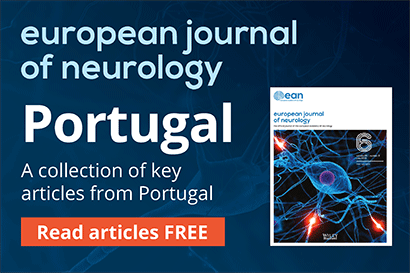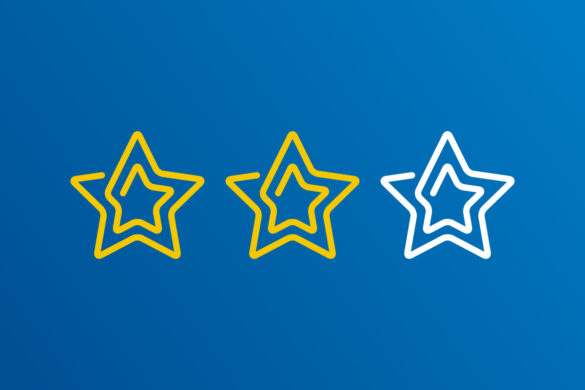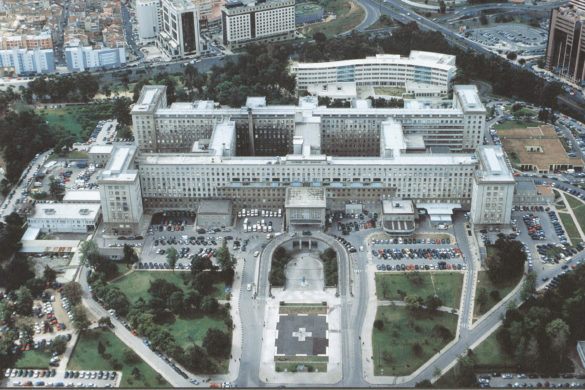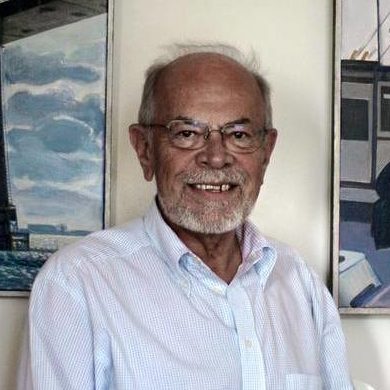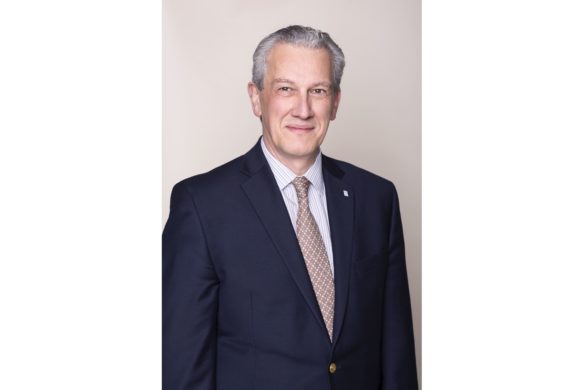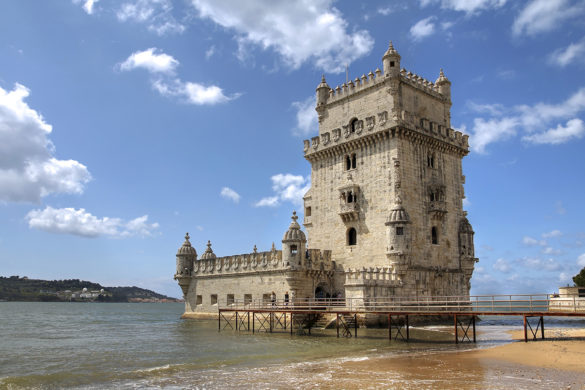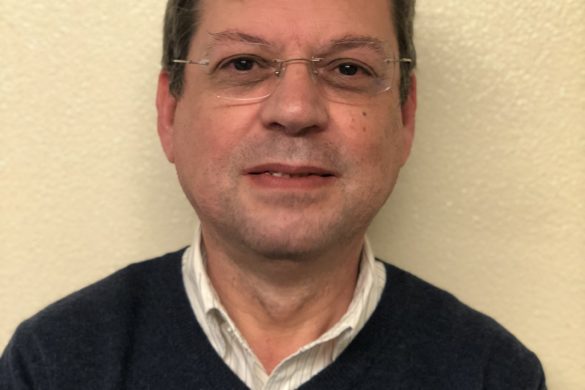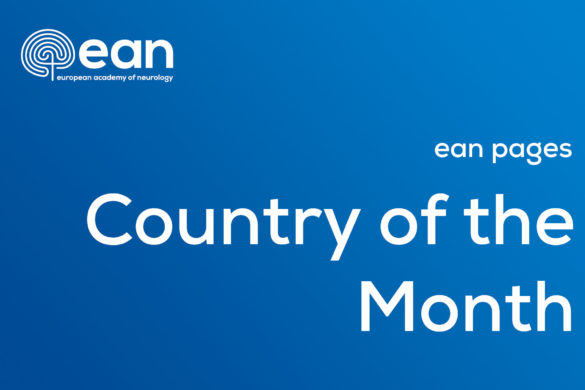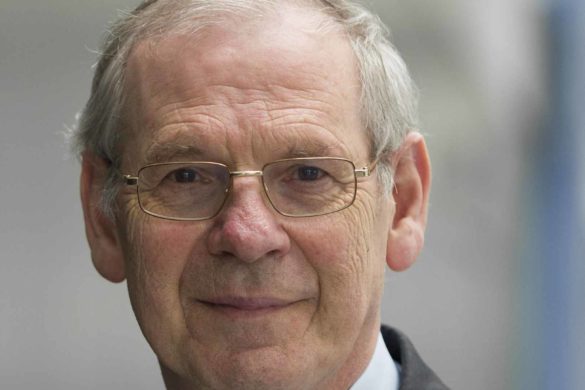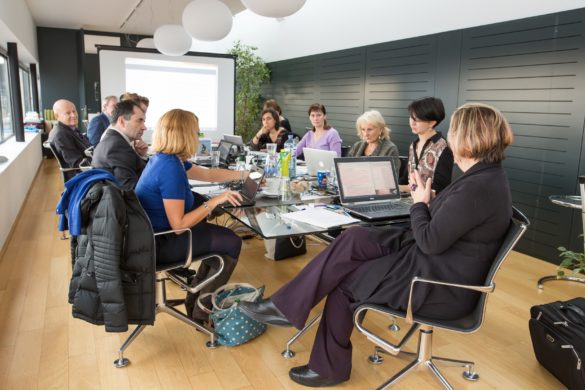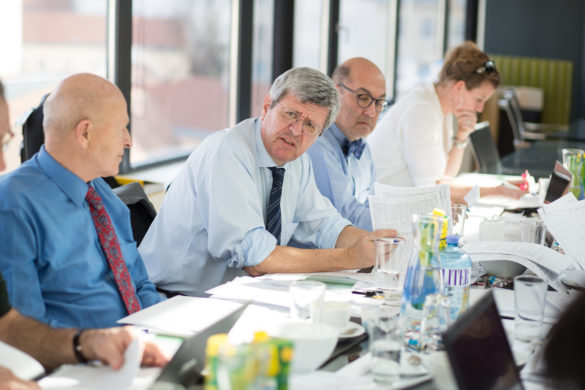Please find below articles from Portuguese authors and co-authors
that were published in the European Journal of Neurology
Category
EAN News
-
-
In order to guarantee the quality of our upcoming congresses, we are carrying out congress evaluations. General Evaluation The general evaluation of the congress will be sent to all congress participants after the congress. Session Evaluation/CME Certificate If you wish… Continue Reading
-
Practical Neuro-Ophthalmology Course 2018 June 22nd – 23rd 2018, Schloss Au, Switzerland The interactive course in practical Neuro-Ophthalmology is aimed at practicing for Ophthalmologists and Neurologists at all levels. It will cover the most relevant clinical problems of Neuro-Ophthalmology in… Continue Reading
-
EAN Congress newsEAN NewsTop Articles
Neurological News from Portugal VI: Neurosciences at the Campus of the Faculty of Medicine of the University of Lisbon
June 1, 2018The year of 1949 was a celebrating year for Neurosciences in Portugal, since our professor of Neurology Egas Moniz was awarded the Nobel Prize of Medicine and Physiology, an important recognition of his neuroscience research. This was a mark that very much inspired the interest of our medical school on neurosciences. -
Prof. G. Deuschl, President of the EAN and Prof. W. Wick President of EANO are pleased to announce that: EAN has joined with EANO to promote optimal management of neuro-oncological care in neurology in Europe.
-
InterviewsOther News
Interview with Mogens Bundgaard-Nielsen, Former Chairman of the Board of Trustees of the Lundbeck Foundation
June 1, 2018David B. Vodušek (DBV): Mr Bundgaard-Nielsen, you have been director of the Lundbeck Foundation. Can you explain to our readers the facts about this foundation and its relations to Lundbeck, the well known pharmaceutical company? Mogens Bundgaard-Nielsen (MBN): The Lundbeck Foundation was established in 1954 by Grete Lundbeck. She was the widow after Hans Lundbeck, the founder of the company H. Lundbeck who died some 10 years earlier. She eventually -
Scientific plagiarism is defined as using or closely imitating scientific content from an original author without clear reference and/or authorization. Plagiarism can be complete or partial, in the original or translated version or limited to paraphrases of the original text. A textual repetition of one’s own work in subsequent submissions is considered self-plagiarism and should be avoided or at least accompanied by proper referencing to one’s prior work.
-
As in the previous years, EANpages asked EAN committee members, panel chairs, and invited speakers which session one should not miss at the upcoming congress in Lisbon 2018. Please find their answers below!
-
InterviewsEAN News
Interview with Prof. Manuel Correia – President of the Portuguese National Neurological Society
June 1, 2018Prof. Elena Moro (EM): Dear Prof Correia, could you briefly summarize for the EANpages readers the history of the Portuguese National Neurological Society, and its major achievements at national level? Prof. Manuel Correia (MC): The first neuroscientific society in Portugal was founded in 1948, and it was named the “Sociedade Portuguesa de Oto-Neuro-Oftalmologia. The first century of Ophtalmoscopy was celebrated in Lisbon on the 26th of April 1952. -
Portugal is a country with a 900-year history: many remnants of past colonization by Celtics, Romans, and Arabians are still present. Unquestionably, the greater contribution of Portugal to the humanity have been the overseas navigations around the world, namely the discovery of the maritime way to India, the discovery of Brazil and of several Atlantic islands.
-
The first team of board members is going to retire after the Lisbon congress and the incoming president, Franz Fazekas from Graz, Austria, will take over. He is an outstanding scientist in the field of Stroke and Multiple Sclerosis and has done a marvellous job for our Society during the past 4 years. His many qualities as an Austrian Cosmopolitan are a guarantee for an integrative presidency for the next years of further development of this young Society. It is my privilege to thank him and the outgoing board for an excellent collaboration.
-
Paper of the MonthEAN NewsFeatured Slider
Paper of the month: Long-term cohort studies confirm higher risk of cerebrovascular events in migraine patients
June 1, 2018For June 2018, we have selected: Mahmoud AN, Mentias A, Elgendy AY, et al. Migraine and the risk of cardiovascular events: a meta-analysis of 16 cohort studies including 152,407 subjects. BMJ Open 2018;8:e020498. doi:10.1136/bmjopen-2017-020498. Migraine is a worldwide common neurological disease. The link between cardiovascular and cerebrovascular events, especially in migraine with aura patients, has been shown by several studies. However, findings lack longitudinal and long-term follow-up. -
Sub-committee and working group chairs
Members of committees Are you eager to shape the future of Neurology in Europe in parallel to developing your professional standing and leadership skills? Following the formation of a new Executive Board of the EAN… Continue Reading -
EAN NewsEAN NewsTop Articles
Expression of interest to become Chair of the Education Committee or Chair of the Programme Committee
May 29, 2018Dear members of the EAN, following the election of 5 members of the EAN Executive Board in Lisbon this new Board will appoint the chair of the education committee and the chair of the program committee. We therefore solicit the… Continue Reading -
All EAN individual members and members of scientific panels are invited to send proposals for topics/sessions for the 5th Congress of the EAN which will take place in Oslo, Norway, from June 29th to July 2nd, 2019! The aim is… Continue Reading

